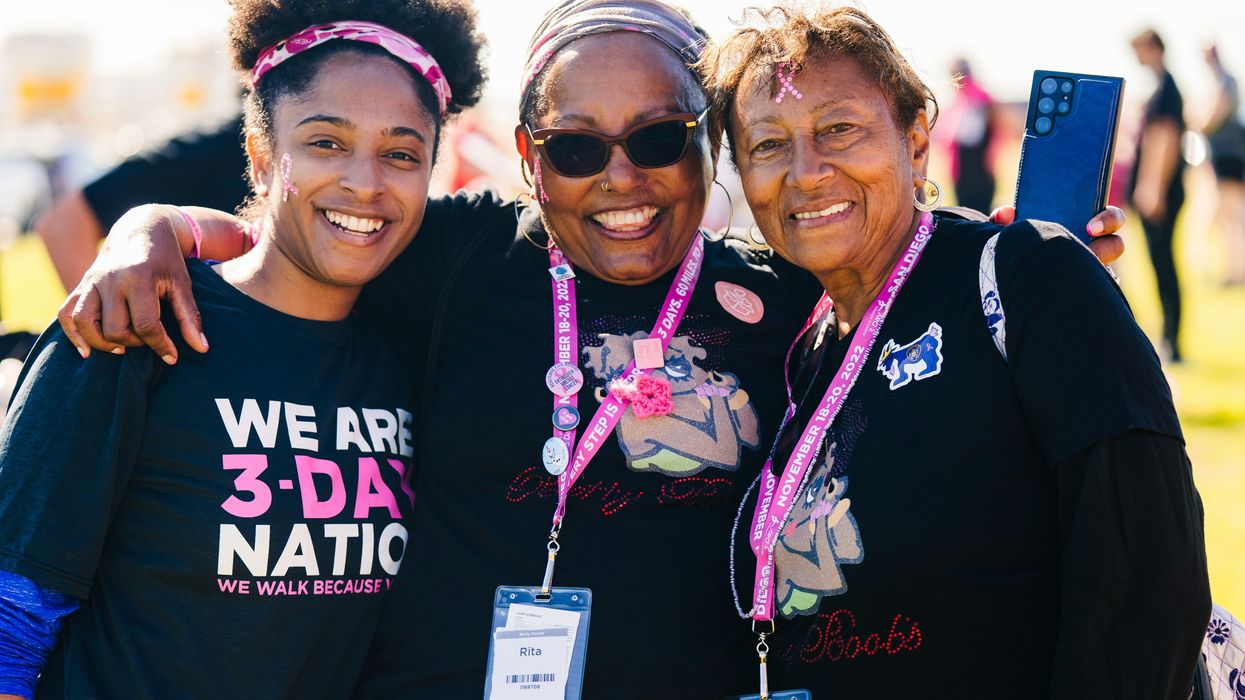November is more than just a month to celebrate autumn; it’s also the time when men worldwide unite under the banner of “Movember.” This annual campaign, combining mustaches and men’s health awareness, has taken the world by storm. It’s a unique and engaging way to address some of the most pressing health issues faced by men. Movember is more than just facial hair; it’s about sparking important conversations and creating lasting change.
The Movember Movement
Movember is a movement that originated in Melbourne, Australia, in 2003 when a group of friends decided to grow mustaches to raise awareness for men’s health issues. Since then, it has grown into a global phenomenon, spreading its message to over 20 countries. The central focus of Movember is to raise awareness and funding for men’s physical and mental health issues, including prostate cancer, testicular cancer, and mental health challenges such as depression and suicide.
The Mustache: A Symbol of Change
One of the most recognizable aspects of Movember is, of course, the mustache. Participants, affectionately known as “Mo Bros,” commit to growing and grooming a mustache throughout the month of November. The mustache becomes a conversation starter, allowing Mo Bros to explain the purpose behind their facial hair transformation and the importance of men’s health awareness.
The Power of Conversation
Movember is more than just a hairy endeavor. It encourages open and honest conversations about men’s health issues that are often stigmatized or overlooked. By sporting a mustache, Mo Bros spark discussions with friends, family, and colleagues about prostate and testicular cancer, mental health, and suicide prevention. These conversations play a crucial role in reducing the stigma associated with these issues, prompting men to seek help when needed.
Movember is also a fundraising initiative. Participants are encouraged to seek donations from their communities and social networks, with the proceeds going to a range of men’s health programs and research. These funds support various organizations that are dedicated to improving the physical and mental well-being of men worldwide.
While prostate and testicular cancer are significant concerns, mental health issues have become an increasingly critical aspect of Movember’s mission. The campaign emphasizes the importance of addressing mental health challenges and promoting mental well-being in men. Depression and suicide are issues that affect countless men, and Movember strives to make a difference in their lives.
Movember is more than a month-long journey of mustache growth; it’s a movement with a powerful purpose. By fostering conversations about men’s health and raising funds for crucial programs and research, Movember has made a substantial impact on the lives of countless men. This annual campaign inspires positive change, encourages men to take control of their health, and reminds the world that the journey towards a healthier, happier, and mustachioed future is a shared one. So, whether you’re growing a mustache or supporting someone who is, remember that during Movember, every ‘stache tells a story and contributes to the journey of change.










 Karla Mingo believes that her greatest gift as a cancer survivor is the ability to live with gratitude and thankfulness.
Karla Mingo believes that her greatest gift as a cancer survivor is the ability to live with gratitude and thankfulness.



